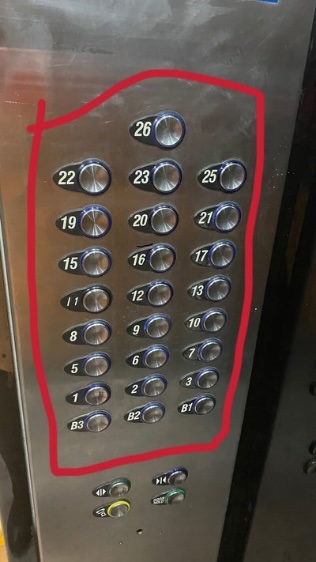[This is a guest post by Penglin Wang]
Identification of the Xiongnu word ninghu (寧胡) as meaning ‘six’ in the phrase ninghu yanshi ‘the sixth consort’ (Wang 2024) and its connection with Jurchen ninggu (寧谷) and Manchu ninggun ‘six’ has opened up the possibility for thinking about the Xiongnu official title danghu (當戶) in relation to Jurchen tanggu (倘古) and Manchu tanggū ‘hundred’. Xiongnu used gradient decimal numerals as the echelons for its military and administrative organization, in which a century stands between a decad tier and a chiliad tier and is commanded by a centurion. Presumably, the centurion was gradually generalized as an official in addition to their regular low-ranking position and hence promoted to a mid and mid-high rank bearing the prefix da (大) ‘grand’.
Chinese records may serve to illustrate where the Xiongnu official titles grand danghu and danghu fit in the government system. According to Shiji (110.2890f), there are wise kings of the left and right, guli (谷蠡) kings of the left and right, grand generals of the left and right, grand commandants of the left and right, grand danghu of the left and right, and gudu (骨都) marquises of the left and right; From wise kings of the left and right down to danghu, the big one is ten thousand horsemen, the small ones are several chiliads; All the twenty-four chiefs have their own chiliad chiefs, century chiefs, decad chiefs, small kings, ministers, commandants, danghu, qiequ (且渠) and the like. Having paid attention to the title danghu used in Hanshu, the ancient commentators such as Yan Shigu (顏師古 581-645, Hanshu 8.266, 17.650) and Meng Kang (孟康 Hanshu 8.271) living in the third century were united in their opinion that danghu and danghu of the left and right were Xiongnu official titles.
Read the rest of this entry »



